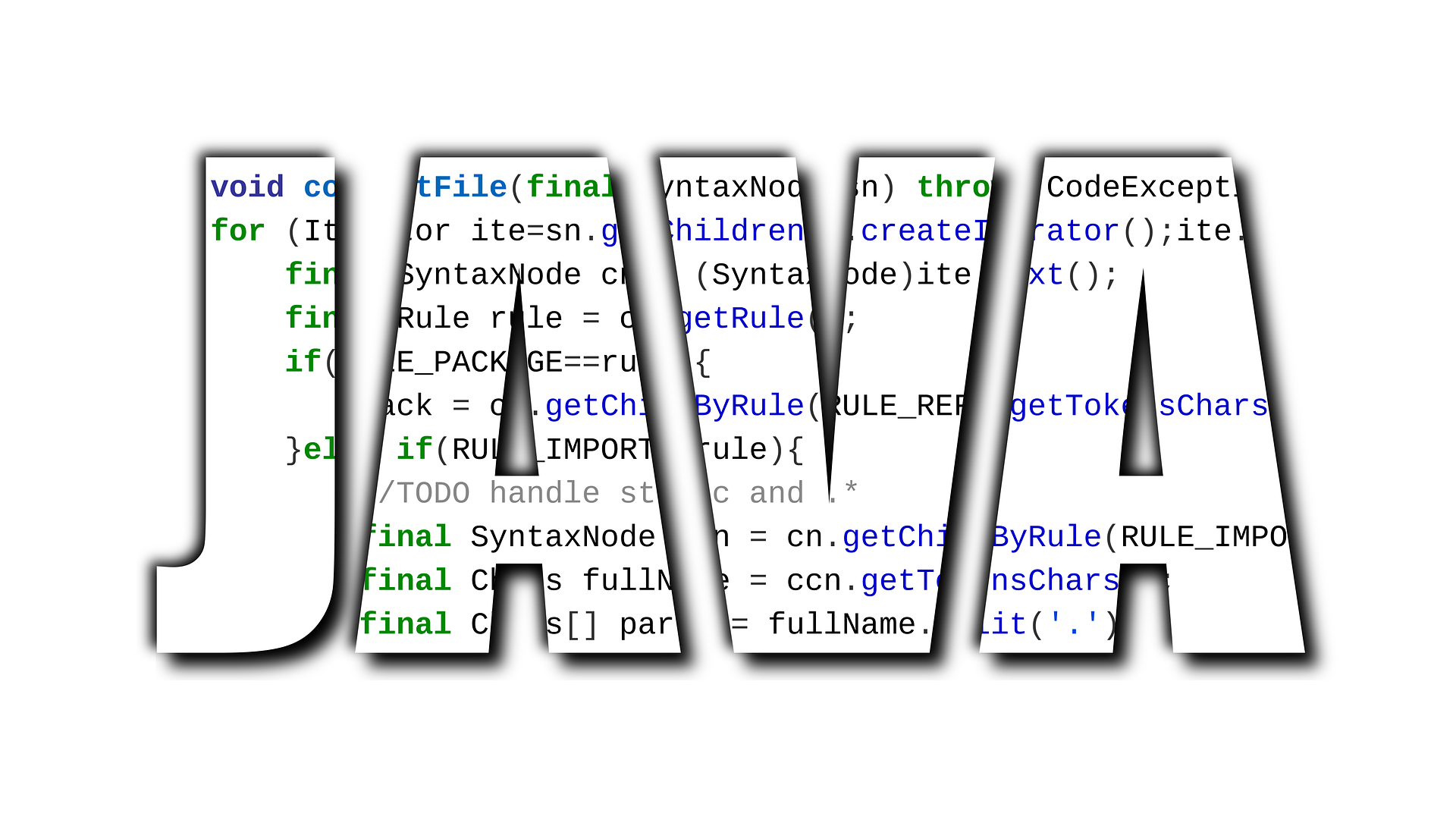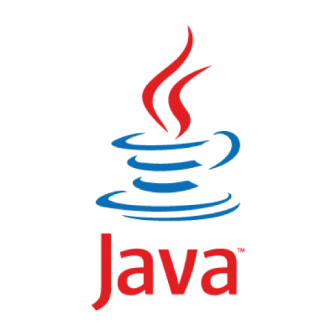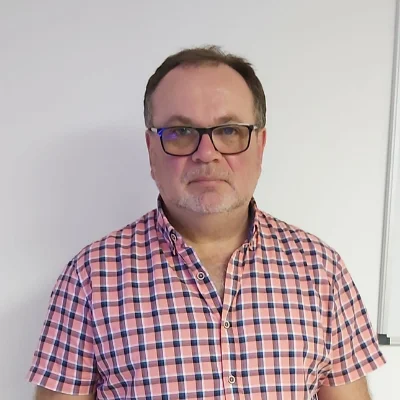The Comprehensive and Practical Java Course is intended for anyone interested in specializing in application development using the Java programming language. This course serves as a foundation for various fields that heavily rely on this language.
Java studies at Real Time College are career-oriented and meticulously designed to help students gain the necessary experience to work in the Java programming field. This is achieved through the completion of hundreds of real-world exercises.
The goal of the Java Course is to provide the knowledge and tools required to professionally and effectively develop various projects using the Java language, such as Android applications, cloud computing, IoT, autonomous vehicles, data analysis, game development, and more.
It can be said that Java development is prevalent in all industries, leading to a high demand for skilled programmers in this field.
The course covers an introduction and understanding of Java programming and Object-Oriented Programming, including topics such as language fundamentals, objects and classes, Java arrays, imports, and more.
What will you learn in the Java Course?
The Java Course starts with the foundational aspects of Java development.
It covers the required tools and work environment, procedural programming, Java principles, object-oriented programming (creating objects and classes), and progresses to learning complex functions in the software world.
There are many additional capabilities that this language offers in various domains, including the development of Stand-Alone Applications and Internet Applications (covered in a dedicated topic).
Practical Java Studies
The course structure is comprehensive, serving as a thorough Java guide, encompassing theoretical learning alongside practical exercises. Among the program components, the following are included:
- Java exercises conducted by the instructor.
- Homework assignments accompanied by solutions.
- Towards the end of the Java course, each participant will complete a final project (approximately 100 hours), which can be implemented with the guidance of engineers from the company's development labs.
Java Course as Part of the QA Study Program
The Java course is also taught as part of the QA testing course curriculum.
In this program, in addition to programming in the Java language, we will also learn various automated tools for software testing. We will also be educated about manual software testing tools.
The ability to program in Java can be applied across various industries.
There are numerous job opportunities in various fields that rely on Java. Therefore, the Java course has been and remains in demand and popular, and this trend is expected to continue in the future.
Java is an established language widely used in the industry and constantly reinventing itself.
Who is the Java Course suitable for?
- The Java learning course is designed to equip anyone interested in acquiring the knowledge and tools necessary to develop Java-based applications.
- Admission to the course does not require a programming background or a degree in computer science.
- The Java course is career-oriented, aiming to help students specialize and work in the field of programming with Java.
- The course is intended for those without experience or knowledge in programming who are interested in practical training in the Java language.
- Academics seeking professional reorientation to the programming world (possibly without introductory courses).
- Students who want to learn Java as a foundation for entering the Android field.
- The Java course is also suitable for individuals with a background in programming / experienced developers. If there is no need for the Basics course, participants can directly enroll in the Advanced Programming course.
Java Course Prerequisites:
- Knowledge and experience in Windows operating systems.
- Passing score on placement exams.
- Personal interview.
Course Description — Java
- The Java course is a practical program that includes lectures and hands-on exercises.
- The course duration is approximately 90 academic hours — 60 practical hours + 30 lab exercises.
- Java learning includes exercises and solutions.
- Class exercises accompanied by explanations, homework assignments, and solutions on the course website.
- Java course booklet.
- Videos and presentations on the course website.
- Towards the end of the course, each student will complete a practical project that summarizes the acquired knowledge during the course.
- Lectures are held once a week in the evenings or mornings.
Here are some examples of career development opportunities and common uses in Java development:
- Stand-Alone Application Development
- Internet Applications Development, including Server & Client
- Social Networking Application Development
- GUI Application Development
- Computer Game Application Development
- Android Platform Application Development
- Software Testing Automation Development
Advantages — Java
- Java is an object-oriented programming language that closely resembles ++C but is simpler and also includes the use of threads.
- Java is one of the most popular and useful programming languages. Today, there are more than 10 million developers using this language.
- Additionally, it consumes more memory than ++C as it uses the management libraries of the Java Virtual Machine (JVM).
- Another advantage of Java is its portability, speed, and support for various platforms and operating systems. It allows relatively easy addition of services such as memory and security management, communication, and more.
- There is no need for specialized hardware or software for development. This advantage enables developers to create applications independently.
- No academic degree in computer science is required to learn Java and work as a Java developer in the IT industry.
What Is Java?
Java is a programming language with the ability of Object-Oriented Programming (OOP).
The fundamental premise of this method is to delegate smaller entities to perform the larger task that the program needs to accomplish.
The use of Object-Oriented Programming is typically evident in systems such as banking, institution management, and more. Learning Java will help you acquire those capabilities.
The Java language began its journey as a research project by Sun Microsystems in the late 1990s. The project, initially named "Stealth," aimed to create a platform for programming the next generation of "smart devices" (Sun Microsystems, even at that time, foresaw it as the "next big thing").
The project's name was quickly changed to the "Green Project" after James Gosling (commonly referred to as the "father of Java") and Mike Sheridan joined the project.
The intention was to create a platform that would achieve a level of standardization, enabling the development of programs that could run on any operating system without requiring any adjustments.
The goals that guided Gosling during his work on the Java language were as follows:
- Should be Object-Oriented Programming (OOP).
- Support various operating systems - "Write once, run anywhere."
- Must have comprehensive networking capabilities.
- Execute code securely on remote systems.
- Easy to learn and use (no need for all the pointers and variable addresses like in languages like C++ / C).














